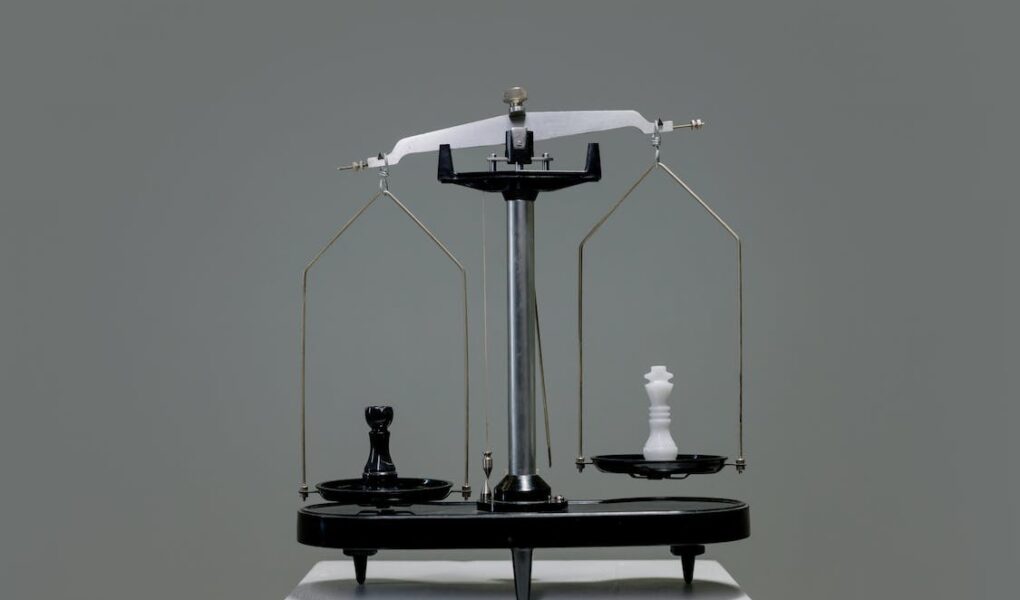The pharmaceutical landscape continually evolves, offering novel treatments for complex medical conditions. Tepezza, a medication designed to address Thyroid Eye Disease (TED), has garnered attention for its efficacy in managing the symptoms associated with this condition.
However, amidst the accolades for its therapeutic benefits, a contentious issue has emerged—the potential risk of hearing loss associated with Tepezza usage.
This article explores the delicate balancing act of weighing the benefits of the treatment against the perceived risk of hearing impairment.
Benefits of Tepezza
Table of Contents
Tepezza, a prescription medication designed to treat TED, stands out as a distinctive therapy with evidence supporting its effectiveness. Administered through infusions in a healthcare professional’s office, the treatment involves a series of eight injections spaced three weeks apart.
Each session, lasting 60 to 90 minutes, ensures patients receive the full dose. Clinical trials of this treatment acknowledged hearing loss as a potential side effect, among others.
According to MedShadow, Horizon Therapeutics introduced Tepezza in early 2018. The treatment gained U.S. FDA approval in 2020, making it the sole prescription drug specifically targeting the root cause of TED. Notably, while alternative medications and therapies aim to alleviate symptoms, Tepezza uniquely focuses on addressing the underlying condition.
Despite its niche application for a rare disease, Tepezza gained widespread prescription, positioning itself as a potential blockbuster drug for Horizon Therapeutics.
Risks of Hearing Loss from Tepezza
Patients who tried Tepezza, hopeful for relief from Grave’s disease symptoms, reportedly began experiencing hearing problems, ranging from mild to severe. While some saw symptom resolution upon discontinuing the drug, others faced persistent issues.
According to AboutLawsuits.com, a recent product liability lawsuit filed by Amarilis Polanco sheds light on the alleged risks associated with Tepezza. Polanco, diagnosed with Grave’s disease, underwent Tepezza treatment from November 2021 to May 2022 without being warned about the risk of hearing loss.
The lawsuit contends that Horizon Therapeutics received numerous reports of the drug’s hearing loss side effects. However, it failed to adequately inform patients and the medical community about these risks. The complaint alleges a lack of investigation into the threat the drug poses to patients’ ears and hearing.
The Tepezza lawsuit revolves around the claim that the manufacturer failed to provide adequate warnings regarding potential hearing problems. Additionally, it asserts that the drug underwent insufficient testing before its release, suggesting that a defective product reached the market.
According to TorHoerman Law, despite scientific studies revealing a clear link to tinnitus and/or hearing loss, Tepezza has not been recalled. Furthermore, many cases have been consolidated into multidistrict litigation (MDL), to streamline discovery proceedings.
The prospect of financial compensation for patients experiencing hearing problems after Tepezza use is highlighted, encouraging them to seek legal representation. As the MDL progresses, more cases are anticipated, emphasizing the growing scrutiny surrounding Tepezza’s alleged association with hearing loss.
Balancing the Scales
Weighing the benefits of Tepezza against the risk of hearing loss necessitates a cautious approach with ethical considerations. At the heart lies the principle of informed consent. Did patients know the full extent of this potentially life-altering side effect before stepping onto the treatment path? Did warnings match the reality emerging from patient experiences? If not, a breach of trust and autonomy looms large.
Next comes the delicate calculation of proportionality. How do the potential benefits of symptom relief stack up against the irreversible loss of hearing? This equation becomes intensely personal, hinging on the severity of individual cases. For some, the promise of regaining normalcy might outweigh the risk, while others may prioritize preserving auditory communication.
Finally, the precautionary principle casts a long shadow. Should we prioritize patient safety even with limited data on the hearing loss link? In the face of potential, irreversible harm, some argue for erring on the side of caution. This could mean stricter monitoring protocols, more rigorous testing for risk factors, or even pausing widespread use until the science catches up.
Ultimately, finding the ethical center in this balancing act requires open communication, shared responsibility, and a deep respect for patient autonomy. Healthcare providers must ensure comprehensive, understandable information about risks and benefits.
Pharmaceutical companies must be transparent about their knowledge and actively investigate safety concerns. Patients, empowered with accurate information and individual considerations, must be trusted to make informed choices about their health. Only then can we navigate this ethical tightrope with integrity and compassion.
Moving Forward
Addressing the risks associated with Tepezza demands proactive strategies to enhance patient safety. Paramount among these is the implementation of stricter safety monitoring and follow-up protocols. This will ensure comprehensive hearing assessments for individuals undergoing Tepezza treatment before, during, and after the medication course.
The recent addition to the FDA’s prescribing information guide for Tepezza, as highlighted by Medtruth, underscores the urgency of this approach. The updated warnings, introduced in July 2023, explicitly emphasize the risk of severe and potentially permanent hearing loss linked to Tepezza usage. The FDA’s directive for healthcare professionals to assess patients’ hearing throughout the treatment process reflects a critical step in risk mitigation.
Additionally, medical diagnostics should concentrate on developing improved tests capable of detecting the risk of hearing loss before or during Tepezza treatment. These advancements would facilitate early identification of individuals predisposed to hearing complications, enabling more tailored and vigilant management.
Exploring alternative treatment options or dosage adjustments for patients identified as having an elevated risk of hearing loss represents another pivotal strategy. By individualizing treatment plans healthcare providers can strike a balance between therapeutic benefits and potential risks.
In conclusion, the discourse surrounding Tepezza, its efficacy in managing TED, and the potential risk underscores the intricate dynamics of pharmaceutical interventions. The article has navigated through the treatment’s benefits and risks. It sheds light on Tepezza’s effectiveness in treating TED, the reported instances of hearing loss, and the ongoing legal and scientific scrutiny.
In this complex landscape, the call to action is clear—encourage open communication, informed decision-making, and shared responsibility. Patients are urged to actively engage with their healthcare providers, and pharmaceutical companies to prioritize safety. Additionally, the scientific community needs to delve into the nuances of Tepezza’s benefits and risks.
Through a collaborative effort, we can navigate this complex terrain, ensuring that individuals facing TED can make well-informed choices about their treatment.



